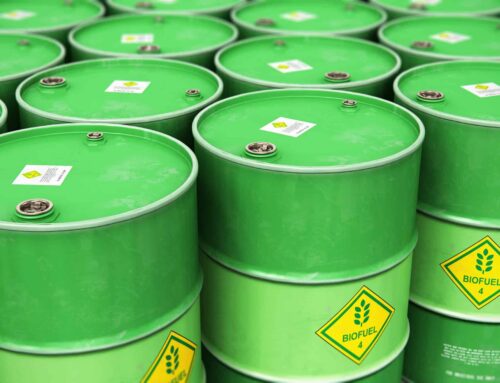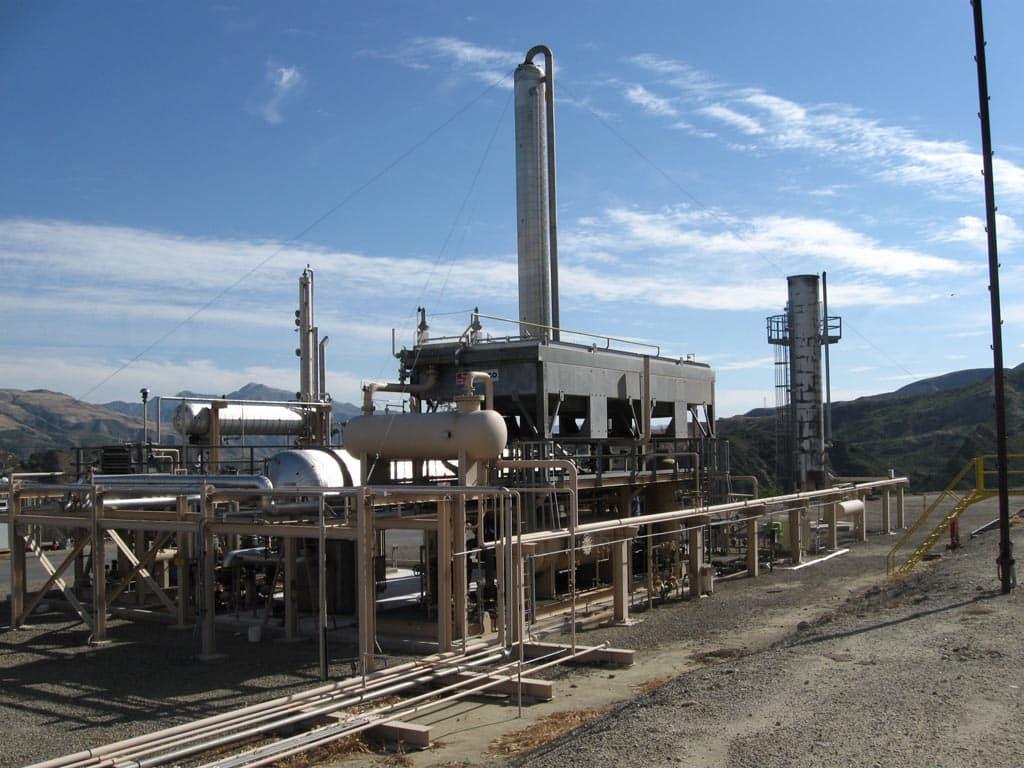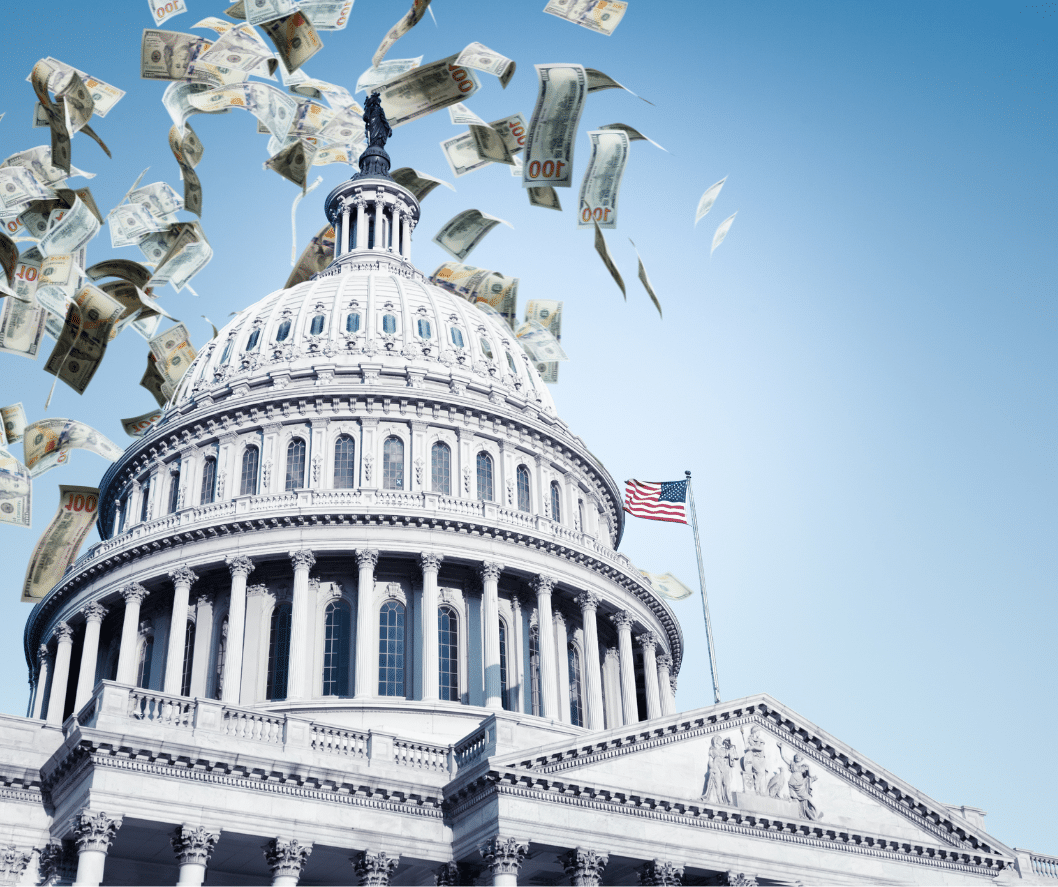For anyone concerned about the well-being of the agricultural economy, the president’s call for increased tariffs on aluminum and steel should be ringing alarm bells. Trade is vital to agriculture, both for consumers that want access to products and to businesses involved in raising, delivering, and serving the fruits (and meats, and nuts, and vegetables) of agricultural labor. The list of retaliatory measures foreign countries have released show U.S. agriculture will disproportionately feel the impact of any trade war. Throwing another wrench into the works will make it that much harder to pass a farm bill that moves away from lawmakers picking winners and losers, and toward a safety net designed for the 21st century.
Agricultural trade is one of the few places we actually run a trade surplus. According to an Economic Research Service report, the U.S. has had a surplus in agricultural trade every year since 1959. Exports of agricultural goods have averaged nearly $140 billion since 2010, while imports have been close to $100 billion. (Those strawberries you eat in January aren’t coming from down the road.) Some agriculture sectors are very dependent on trade. Over 75 percent of cotton is exported, nearly 50 percent of soybeans and wheat, and 25 percent of pork. It’s not just bulk commodities, but consumer oriented high value crops. The U.S. produces 80 percent of the world’s almond exports, dairy exports have increased 17 percent in 2017, and beef exports reached its highest amount since at least 1970 (over $7 billion).
Even for crops mostly consumed domestically – say corn, of which less than 15 percent is exported (thanks significantly to ethanol mandates) – margins are so tight that even small disruptions can lead to significant price drops.The agricultural economy will suffer in a trade war. Just look at the list of retaliatory measures countries have floated. Everything from bourbon whiskey distilled in Kentucky, to cranberries grown in Wisconsin and Massachusetts, and soybeans harvested in the Midwest would be hurt by a trade war.
These are on top of a number of simmering trade disputes. In response to U.S. tariffs on solar panels and washing machines, South Korea launched a complaint with the World Trade Organization (WTO), which may authorize retaliatory measures. China responded with an investigation into imports of U.S. produced sorghum that may expand into soybeans. And Vietnam just requested WTO consultation over US restrictions on imported catfish. Abandonment of the Trans-Pacific Partnership and the continued specter for abandoning NAFTA are about to boil over and cause a day of reckoning for American agriculture.
History shows that the net effect of a trade war is negative. While there are likely some who will immediately benefit from excessive governmental interventions, there will be many more losers. We’ve already seen this act in steel. The steel tariffs enacted by President Bush in 2002 caused a $30 million loss and reduced employment, before they were rescinded in 2003 after trade partners threatened to retaliate against Florida oranges and textiles produced in the Carolinas. And this is playing out in agriculture. The federal sugar program includes domestic price support, marketing allotments, and import quotas designed to artificially raise the price of sugar. These have led to Americans paying up to twice as much for sugar as foreign consumers, and cost an estimated 100,000 jobs. So while the nearly 4,500 businesses growing sugar cane or sugar beets may love this policy, the 323 million Americans who don’t own sugar growing businesses are getting a raw deal.
The last thing the agricultural economy (or the broader economy for that matter) needs is to disrupt trade. Existing trade relationships aren’t perfect. Trade deals signed decades ago do need adjustment. Policymakers can’t abandon industries or individuals disrupted by change. But the solution isn’t to revert to outdated and discredited protectionist policy, it’s to move toward a fairer playing field. One of the thorniest obstacles in the NAFTA renegotiations is the U.S. demand that Canada stop artificially suppressing dairy supply and allow more U.S. milk into its borders. An enormous obstacle to cotton, soybean, and other farmers turning a profit is China’s insistence on continuing to bailout inefficient domestic producers through arbitrary import restrictions. The solution to inefficient manipulative foreign subsidies and trade barriers is not additional manipulative inefficient trade barriers. It’s removing barriers to trade through dispute resolution. In fact, the U.S. has a very strong track record of winning trade disputes at the WTO. According to recent Economic Report of the President, the U.S. has a success rate of 85.7 percent, higher than the average. We should keep up that streak.
A trade war that takes away agricultural markets, lowers crop prices, and depresses farm family incomes will provide an enormous obstacle to passing a cost effective 21st century farm bill. In fact it will stoke efforts to provide subsidies and bailouts to help those hurt by these protectionist policies costing taxpayers doubly.










